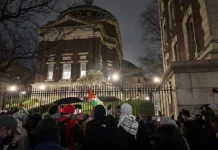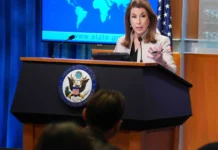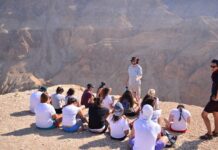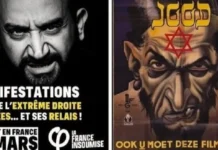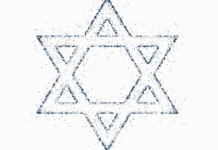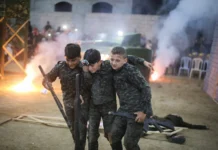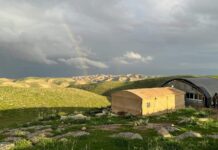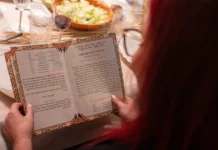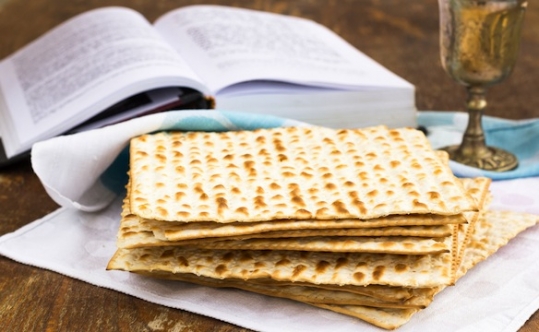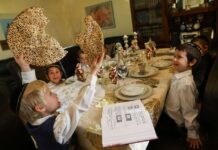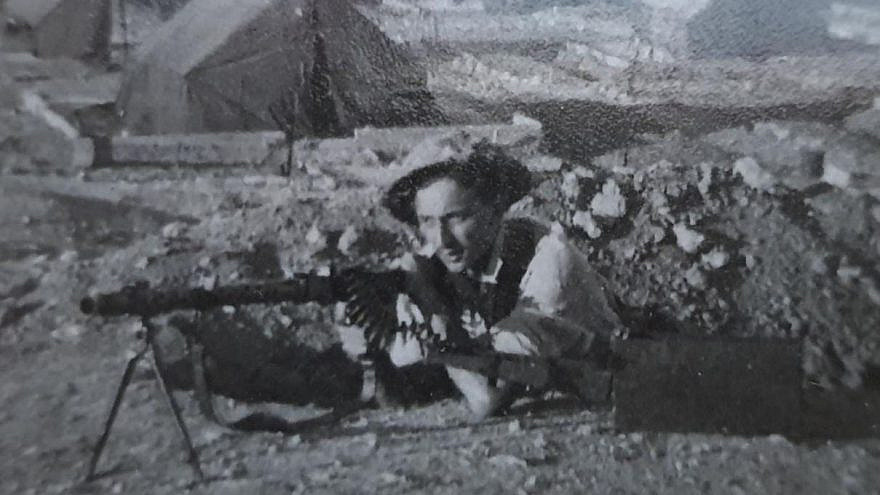Joe Woolf, a South African Jewish volunteer in the foreign-fighters unit Machal who conducted research that helped preserve that group’s legacy for 75 years after Israel’s War of Independence, died on Feb. 28 at his home in the northern Israeli moshav of Ilaniya. He was 94 years old.
His daughter, Galya Woolf, confirmed the death to JNS.
In November, Woolf told JNS that he enlisted in Machal after seeing a “flamboyant” Hebrew Legion advertisement in a daily newspaper calling on volunteers to “join the fight.”
“I always loved adventure,” he explained to JNS. “That’s the main reason I signed up.”
At the time, the 20-year-old, Lithuanian-born Woolf was not yet a South African citizen and was one year away from the age of consent to join the volunteer unit. So he forged his parents’ signatures to secure the required travel documents. “My parents were not happy about it, but did not object,” he recorded on the World Machal site.
He flew from South Africa to Italy, then took a ship to Israel. “The first time I met so many Holocaust survivors was on this boat,” he told JNS. “They were mostly Romanians.”
After the war, Woolf kept Machal’s legacy alive by coordinating communication between fellow members and contributing vital information to the World Machal website. Colleagues credit his extensive research, testimonies and connections, which he brokered with fellow veterans of the 1948 War of Independence, with helping preserve an important part of Israeli and world Jewish history.
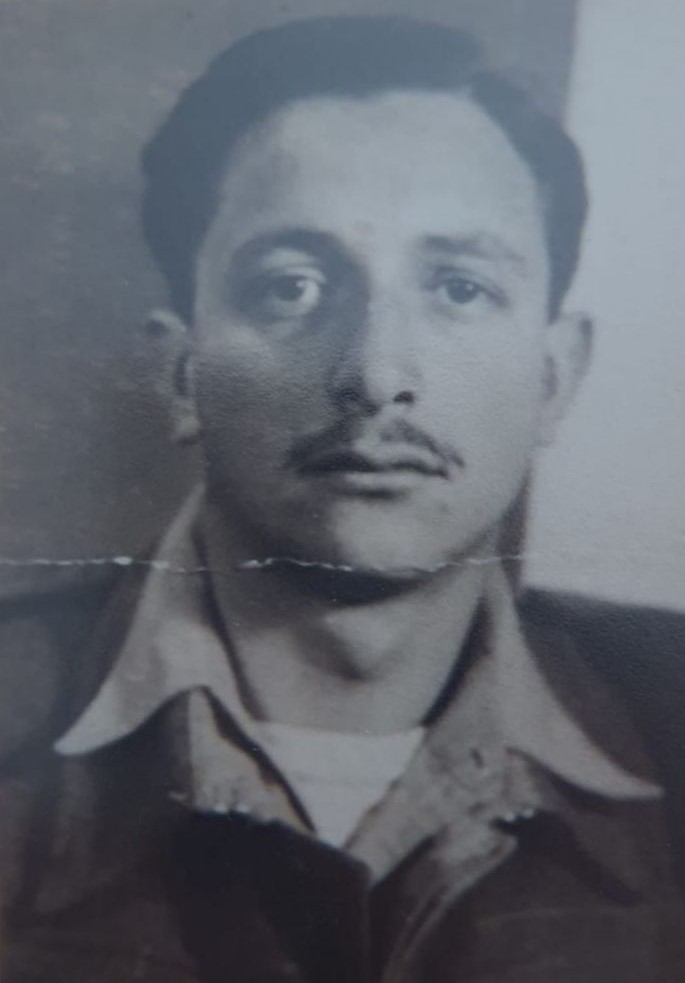
‘So full of energy and positivity’
Joseph “Joe” Wolff was born in Šėta, in central Lithuania, and moved with his family to South Africa at the age of 3. The South African Jewish community was “very aware” of what was happening in Europe, as an estimated 95% of Lithuanian Jews were killed in the Holocaust—one of the highest per capita of any country under Nazi occupation. Just one out of 350 Jews in Seta survived, said Woolf, who lost many of his family members.
Of 120,000 South African Jews at the time, 806 joined Machal. Only the United States sent more volunteers to aid forces in the war, which is why English became the main language of Machal members.
“Joe was always so full of energy and positivity even then,” Hyman Josman, 94, who was on the voyage with Woolf from Italy to Israel, told JNS. They landed in Haifa on Aug. 24, 1948.
Woolf saw action in the 72nd Infantry Battalion, in the English-speaking “B” company.
“Many fighters and commanders had World War II experience,” he told JNS. He recalled fighting alongside Jews from across the Diaspora. “The Arab armies were ‘pretty useless,’ unless they outnumbered you,” he added.
The most intense battle in which Woolf participated was in the mountains near the Arab village of Tamra. The Machalniks initially had no difficulty taking the mountain, but the Arab forces counter-attacked, and many lives were lost.
British medic Max Schmuelowitz was hit by enemy fire. “Four of us carried him down, as we didn’t have a stretcher,” Woolf told JNS. “We had to brave bullets flying and ricocheting in the background.”
Notably, Woolf, Maurice Ostroff and Ralph Lanesman were responsible for editing and adding to the late Henry Katzew’s 2016 book, South Africa’s 800, which describes the South African contribution to Israel’s independence effort.
“Joe always did his best to preserve the legacy and the story of Machal. He was a very modest man and had a very good memory,” Dave Bloom, president of World Machal, told JNS. “He had an amazing memory.”
Miriam Eitana-MacMull told JNS that Woolf and her father, Ezra MacMull, remained friends and kept in touch until the latter died in 2018.
“Joe was very committed to maintaining old friendships,” she said.
Woolf moved back to South Africa after the war, where he lived until moving to Israel in 1969.
In addition to his daughter, he is survived by two other children and six grandchildren.

